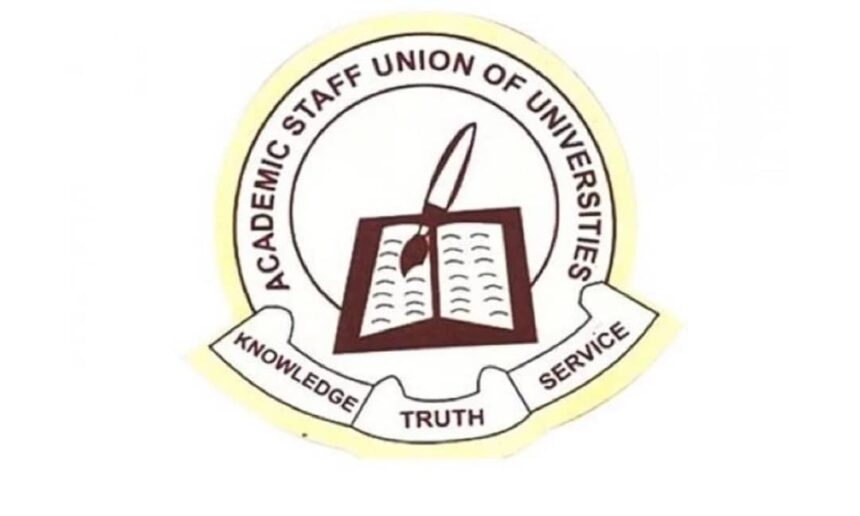The Academic Staff Union of Universities (ASUU) has appealed to Nigerians to pressure the Federal Government into addressing the union’s longstanding demands in order to avert an impending nationwide strike.
The call was made on Thursday by Dr. Alex Akanmu, Chairman of ASUU at the University of Ilorin branch, during a press briefing. He outlined several unresolved issues that have remained sources of dispute between the lecturers and government, warning that failure to act swiftly could once again disrupt academic activities across public universities.
Akanmu listed the union’s demands to include the renegotiation of the 2009 ASUU-FG agreement, sustainable funding and revitalization of public universities, restoration of university autonomy, settlement of outstanding 25 to 35 percent salary arrears, remittance of third-party deductions, and mainstreaming of earned academic allowances into lecturers’ salaries.
He noted that a central grievance remains the renegotiation of the 2009 agreement, which, according to its terms, was supposed to be reviewed every three years. Akanmu lamented that lecturers’ salaries have remained stagnant for the past 16 years despite inflation and rising living costs. He recalled that it took the Federal Government until 2017, eight years after the agreement was signed, to constitute a renegotiation committee.
Since then, he said, several committees had been set up, including those led by Wale Babalakin, Professor Munzali Jubril, and the late Emeritus Professor Nimi Briggs. The Briggs-led team reached a draft agreement with ASUU in 2021, but despite being appointed by the government itself, the authorities have refused to sign or implement the outcome.
According to Akanmu, ASUU had initially given the current administration of President Bola Ahmed Tinubu enough time to address these unresolved issues, but no meaningful effort has been made so far. He accused the government of deploying delay tactics that have further impoverished Nigerian academics compared to their counterparts around the world.
He pointed to the Yayale Ahmed report, which was submitted in February 2025, as a test of the government’s sincerity. The report, he said, encapsulates all contentious issues and represents a consensus reached between the union and the government’s representatives. Akanmu warned that the refusal to act on the report would only deepen mistrust and frustration among academics.
The ASUU chairman also criticized what he described as the persistent erosion of university autonomy under the Federal Government. He condemned the dissolution of governing councils in public universities even when no allegations of misconduct were raised and when those councils had not completed their statutory tenure. According to him, such actions undermine the principle of autonomy and weaken institutional governance.
On the issue of withheld salaries, Akanmu demanded that the government immediately clear the three and a half months’ arrears owed to lecturers as a result of the “No Work, No Pay” policy implemented during the 2023 strike. He argued that the punitive measure, enforced by the previous administration, had worsened the economic hardship faced by academics and should be reversed in the interest of justice and industrial peace.
He further noted that lecturers are losing patience with what they view as endless negotiations without tangible results. Although a meeting between ASUU and the Federal Government has been scheduled for August 28, 2025, Akanmu said many union members no longer believe in the process, insisting that only concrete commitments will prevent another nationwide shutdown of universities.
ASUU warned that failure by the government to meet its obligations could trigger another prolonged strike, which would disrupt academic calendars and further delay the graduation of thousands of students. The union emphasized that the responsibility to avert this outcome lies squarely with the Federal Government’s willingness to act decisively on the unresolved issues.





